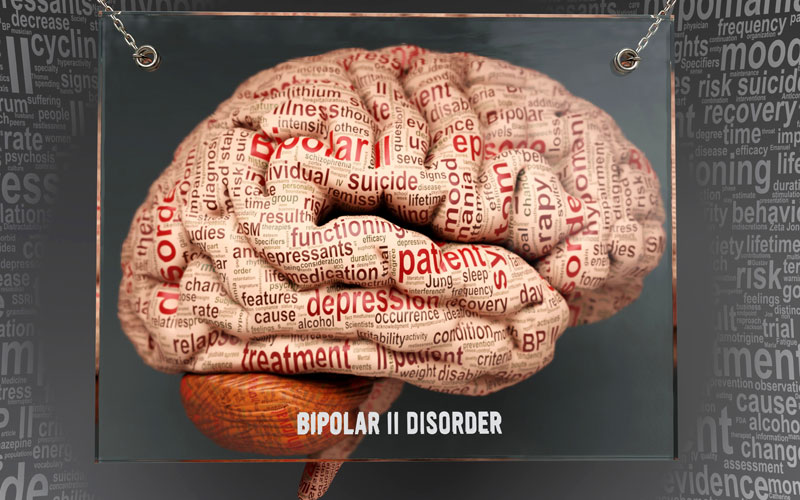A psilocybin trial involving 15 adults diagnosed with bipolar II disorder resulted in an 80% remission rate after a 12-week treatment period, Compass Pathways reported on Dec. 6.
Compass referred to the study, which took place at Sheppard Pratt Hospital in Baltimore, as a “first-of-its-kind” trial. The researchers are trying to measure the efficacy and safety of a single dose of synthetic psilocybin to treat people with treatment-resistant bipolar type II disorder. Psychedelic trials typically exclude individuals with bipolar disorder, and often those with a family history of the illness, for fear of triggering manic episodes.
Nobody participating in the study, published in JAMA Psychiatry, demonstrated symptoms of psychosis during the trial.
“The results we saw from this trial are encouraging and further support the clinical study of psychedelics in patients with treatment-resistant bipolar II,” said Scott Aaronson, chief science officer of the Institute for Advanced Diagnostics and Therapeutics at Sheppard Pratt. “One participant compared the transformation she experienced to taking a deep breath after breathing through a straw for years. These are the types of stories we are hearing from people who struggled with this disorder for years, many whom had lost hope that their bipolar II could ever be treated.”
Participants took a single 25-milligram dose of Compass Pathways’ COMP360 psilocybin and underwent therapy sessions during the eight-hour dosing day as well as for three sessions prior to the trial’s start and for three integration sessions post-treatment.
In the three weeks following treatment, 73% of participants still met remission criteria, according to a Sheppard Pratt news release.
The results of this study suggest the efficacy and safety of psilocybin in treatment of bipolar II depression but cannot be extrapolated to the study of psilocybin to treat bipolar I disorder, the Sheppard Pratt news release noted.

